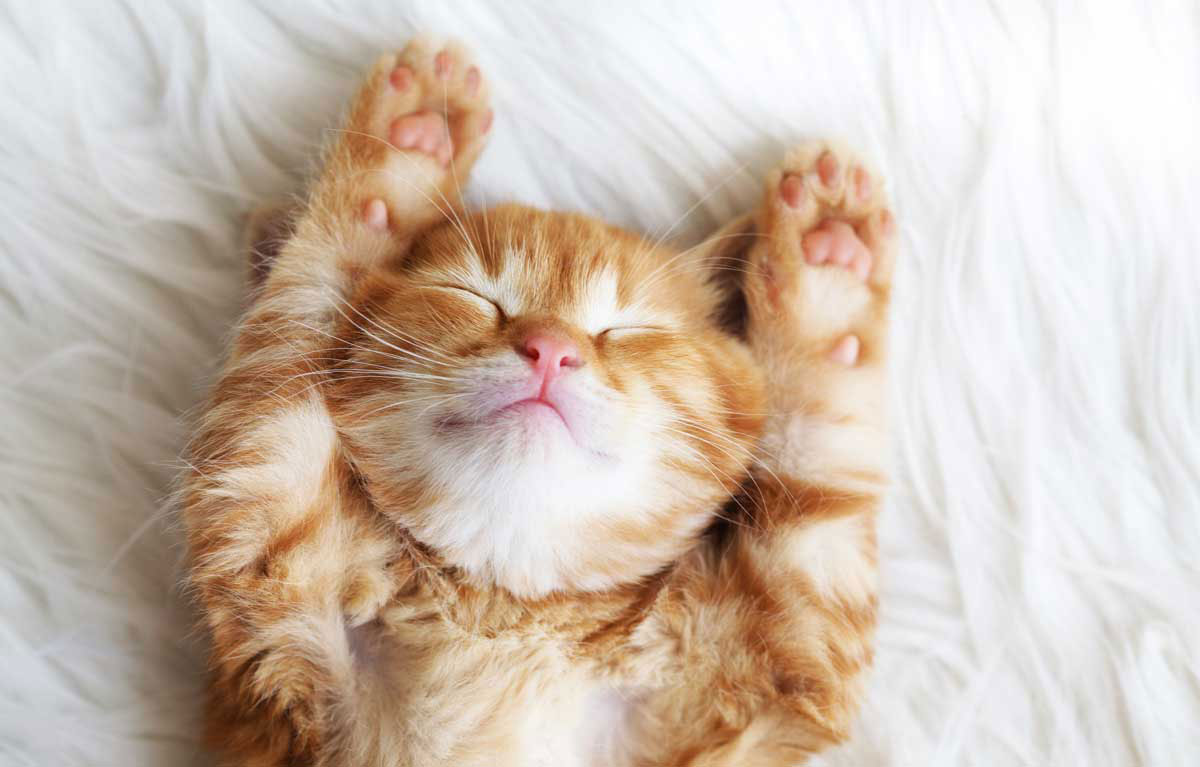
Ever wondered why your feline friend suddenly decides to gift you with a hairball right on your favorite rug? Well, National Hairball Awareness Day on April 26th is here to shed some light on this hairy situation! Cats are notorious for their grooming habits, but this sometimes leads to the not-so-pleasant aftermath of hairballs. This day isn't just about the "ew" factor; it's a reminder for pet owners to pay attention to their pets' grooming and health. From understanding why hairballs occur to learning how to prevent them, this quirky holiday has more to offer than meets the eye. Ready to get a grip on your cat's grooming habits? Let's dive into the hairy world of hairballs and discover how to keep our purring pals happy and healthy.
Key Takeaways:
- National Hairball Awareness Day reminds cat owners to pay attention to grooming and digestive health. Regular grooming, specialized foods, and vet visits can help prevent and manage hairballs for a happy, healthy feline friend.
- Cats get hairballs from grooming, but excessive ones can indicate health issues. Look out for signs like hacking, decreased appetite, and lethargy. Celebrate the day by educating others and pampering your cat with extra grooming sessions.
What is National Hairball Awareness Day?
National Hairball Awareness Day, celebrated on the last Friday of April, shines a spotlight on a common issue faced by many cats and their owners. This day serves as a reminder for pet owners to pay attention to their feline friends' grooming and digestive health. Hairballs form as cats groom themselves, swallowing hair that can accumulate into balls within their digestive tract. While often considered a normal part of cat ownership, excessive hairballs can indicate underlying health issues.
Why Do Cats Get Hairballs?
- Cats are meticulous groomers, spending a significant portion of their day cleaning themselves. During this process, they ingest loose fur, which can clump together in their stomachs.
- The feline tongue is uniquely designed with tiny, hook-like structures that catch loose fur. These hooks are effective for grooming but also mean that ingested hair is almost inevitable.
- Most of the time, the ingested fur passes through the digestive system without issue. However, when it doesn't, it can form a hairball.
How Can You Help Prevent Hairballs?
- Regular grooming is crucial. Brushing your cat daily can help remove loose fur before it's ingested.
- Specialized cat foods are formulated to improve coat health and reduce shedding. These can also help in preventing hairballs.
- Hydration plays a key role. Ensure your cat has access to fresh water at all times to help aid digestion and prevent hair from clumping in the stomach.
Signs Your Cat Might Be Struggling With Hairballs
- Frequent hacking, gagging, or retching without producing anything can be a sign your cat is trying to expel a hairball.
- Noticeable decrease in appetite or constipation could indicate a hairball is causing digestive blockages.
- Lethargy or a dull coat can also be symptoms of excessive hairballs or other underlying health issues.
The Importance of Veterinary Care
- While occasional hairballs are normal, frequent occurrences warrant a visit to the vet. They can be a symptom of gastrointestinal problems.
- Vets can offer remedies such as lubricant gels that help hairballs pass more easily through the digestive system.
- In severe cases, surgery may be necessary to remove hairball blockages. This is rare but highlights the importance of monitoring your cat's health.
Fun Ways to Observe National Hairball Awareness Day
- Share your knowledge about hairball prevention with fellow cat owners. Education is key to preventing these common issues.
- Create a "spa day" for your cat with extra grooming sessions. Not only does this help prevent hairballs, but it's also a great way to bond with your pet.
National Hairball Awareness Day serves as a gentle reminder for all cat owners to keep an eye on their pets' grooming habits and health. With proper care and attention, you can help ensure your cat lives a happy, comfortable life free from the discomfort of hairballs.
A Final Nod to Feline Care
National Hairball Awareness Day, celebrated on April 26th, isn't just a quirky holiday. It's a reminder for pet owners about the importance of feline health and grooming. Recognizing the signs and knowing how to prevent hairballs can make a huge difference in your cat's life. Regular grooming, a healthy diet, and plenty of hydration are key steps to keep those pesky hairballs at bay. So, let's use this day not only to share amusing stories and facts but also to commit to the well-being of our furry companions. After all, a happy cat means a happy home. Let's mark our calendars and make every April 26th a day to remember for cat lovers everywhere.
Frequently Asked Questions
Was this page helpful?
Our commitment to delivering trustworthy and engaging content is at the heart of what we do. Each fact on our site is contributed by real users like you, bringing a wealth of diverse insights and information. To ensure the highest standards of accuracy and reliability, our dedicated editors meticulously review each submission. This process guarantees that the facts we share are not only fascinating but also credible. Trust in our commitment to quality and authenticity as you explore and learn with us.
